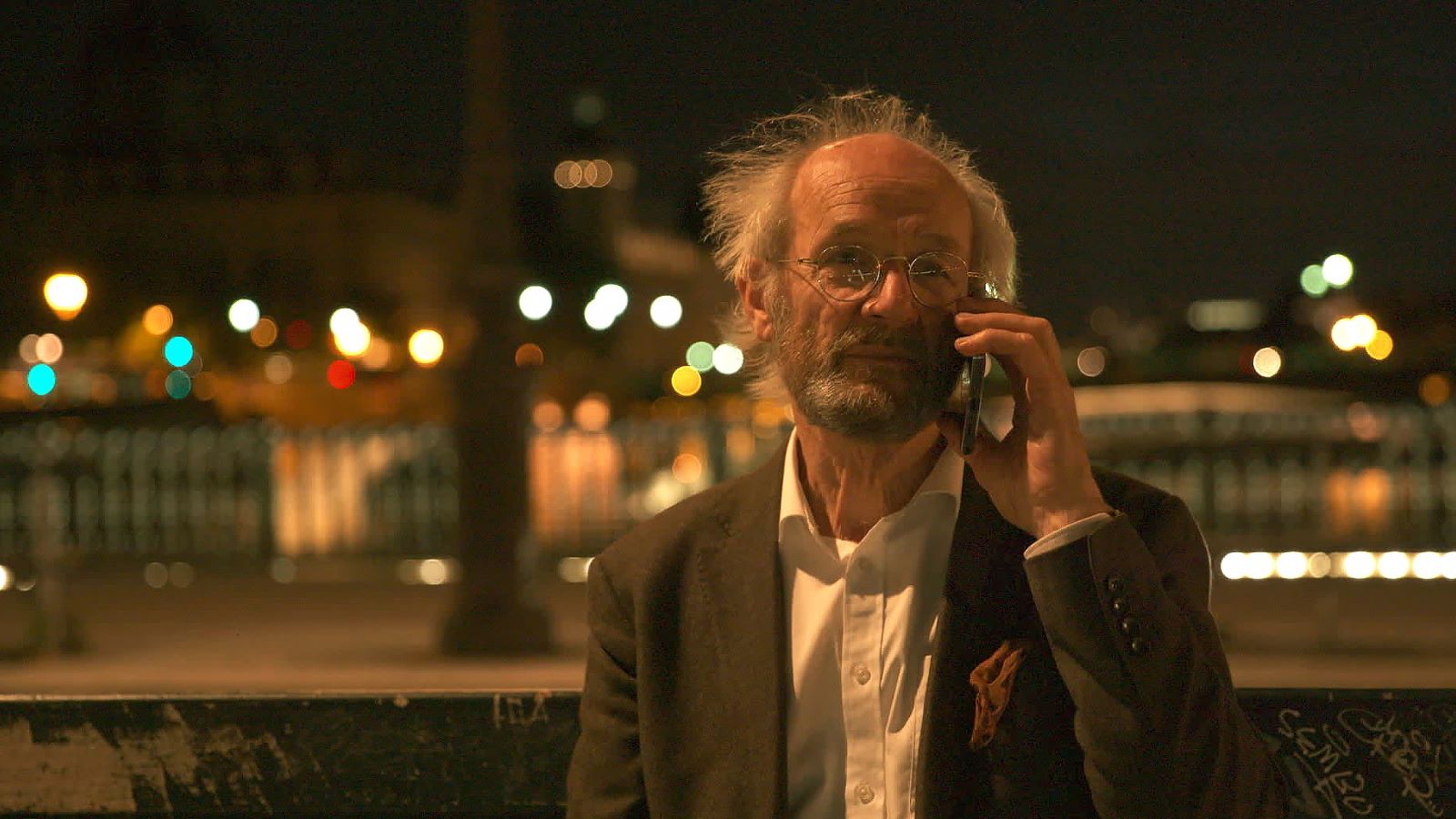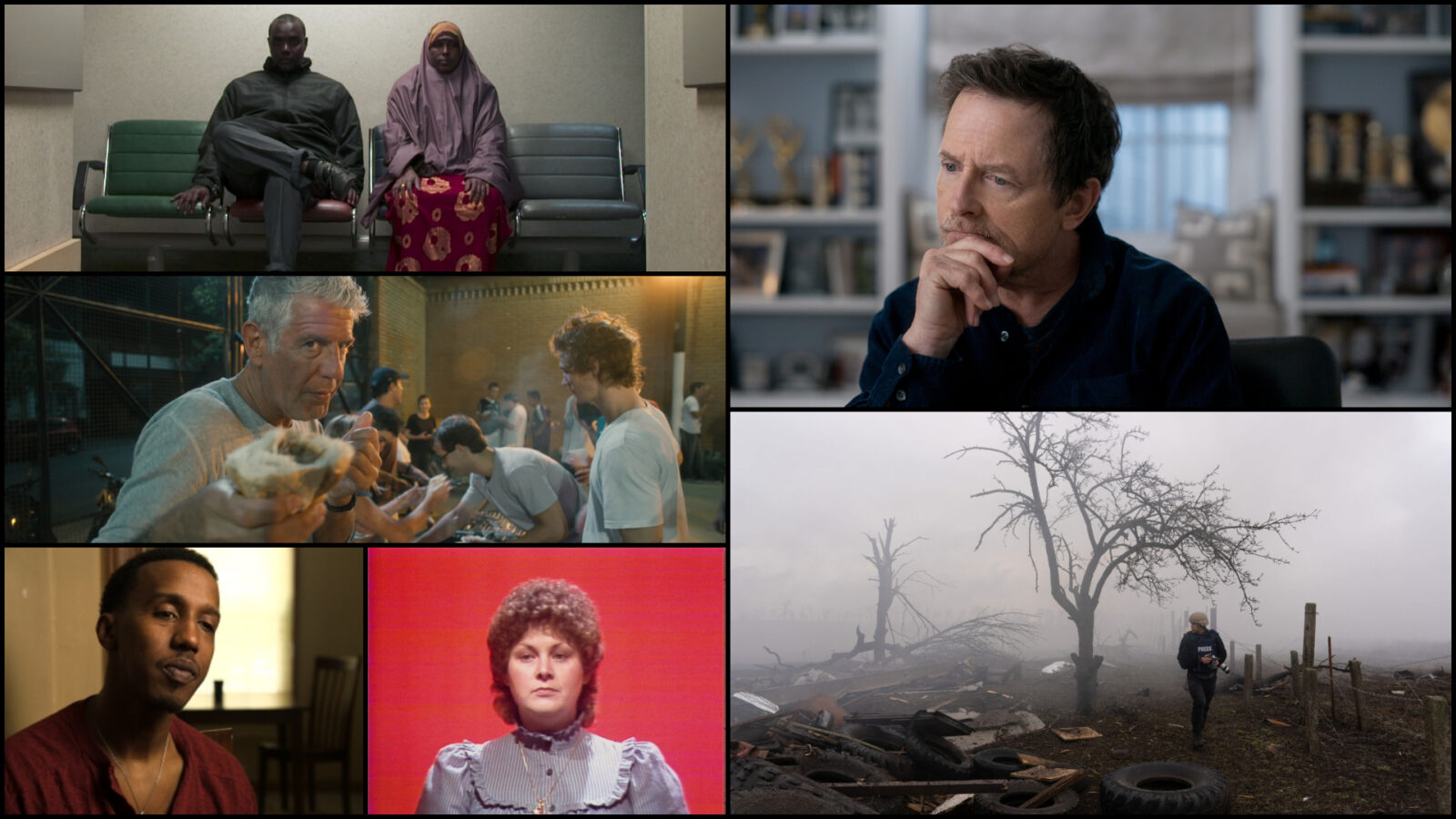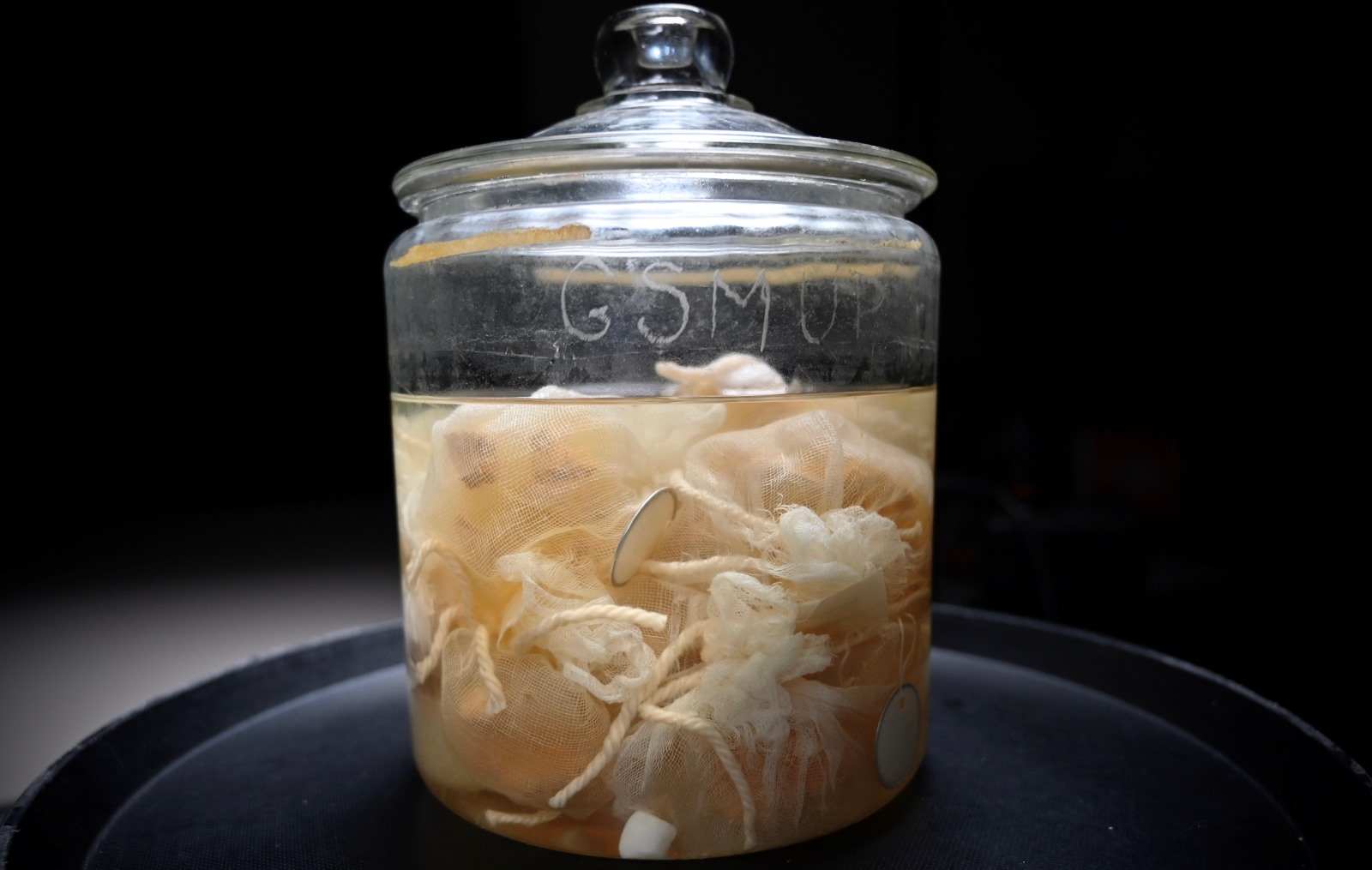Ithaka
(Australia, 106 min.)
Dir. Ben Lawrence
“Free Julian, free the press, free us all,” says Stella Morris, Julian Assange’s fiancée and legal counsel in Ithaka. Morris makes the plea during a media scrum amid an elongated trial to facilitate Assange’s extradition to the USA. Ithaka captures the fight to free the WikiLeaks founder as America seeks the unprecedented move of charging Assange with espionage. Directed by Ben Lawrence and produced by Assange’s brother, Gabriel Shipton, Ithaka largely follows the efforts of Assange’s father John Shipton as he steps into the media spotlight in his son’s absence. He and Morris work tirelessly to reshape the narrative of Assange’s persecution as a shared struggle for the media. The film finds in the plight of the political prisoner a rallying cry for the fight for the free press.
Ithaka certainly isn’t the first film about Julian Assange and it won’t be the last. Much has happened in the years since Laura Poitras’ Risk, for example. Ithaka fills in the gaps for viewers who’ve let go of the Assange thread amid the chaotic news cycles of the COVID-19 pandemic and the Trump years. The film can’t offer footage of Assange himself, although that’s precisely the point. Lawrence joins the family outside the ultra-high security Belmarsh prison, where Assange has been held under tight surveillance since Spring 2019. He gets extended sit-down interviews with Shipton at the kitchen table to discuss Assange’s case over toast and figs. Morris, meanwhile, provides revealing details from Assange’s asylum in the Ecuadorian embassy. She outlines an assassination plot, a kidnap crew that staked out the embassy during Christmas dinner, and their decision to start a family amid trying times.
Characters Both Evasive and Open
Lawrence gives audiences a general overview of the context that makes Assange controversial. Ithaka offers notes on the publication of documents shared with WikiLeaks by Chelsea Manning. It includes the provocative “collateral murder” video in which American soldiers senselessly murdered 18 people in Iraq, including two Reuters journalists. Then there are the countless documents pertaining to war crimes committed in Iraq. The point that Ithaka makes, though, is that for all the murder, violence, and human rights violations, Uncle Sam only seems interested in persecuting Assange. His alleged crime is merely exposing the crimes of others. However, the film also captures the shift in public opinion against Assange that turned with the publication of countless emails that partly sunk Hillary Clinton’s presidential campaign.
While Ithaka works tirelessly to correct the portrayal of Assange that’s been shaped by mass media, Lawrence has a challenge. For one, Shipton plays the reluctant hero and, admittedly, reluctant character. Assange’s father is not an easy subject. While he speaks well with the media during interviews, he proves evasive with Lawrence. His estrangement from Assange during his youth is a no-fly zone. Shipton doesn’t want to talk about Assange’s childhood. He dismisses the fair questions that Lawrence poses, all of which should have been anticipated. It’s an odd chess move when the very project in which Shipton finds himself seeks to remind audiences of Assange’s character. Shipton mostly attributes his participation to paternal duty. This family isn’t easy to film.
A Matter of Media
While Shipton is unfortunately dry as a subject, Ithaka finds better material with Morris. For one, Assange’s fiancée is more comfortable with the cameras. She’s open and vulnerable, and uses the project to humanize Assange by reminding audiences that he is a family man eager to create a fair and just world for his children. Her solid media training, meanwhile, lets her articulate key points succinctly. Ithaka heightens Assange’s plight by situating it within the USA’s growing attack on journalism. She knows how to pivot the story without losing sight of the goal.
The film finds a bit of dramatic momentum when Trump loses the election and Morris campaigns to get Assange a presidential pardon. There’s great material here as Morris liaises with an anonymous source close to the President. She tests the waters and listens as her ally performs a risk assessment. He or she reports that even raising the matter invites death threats. Meanwhile, Shipton worries that appealing to Trump is an undignified gamble. Their odds basically rest with the hope that Trump will give Clinton one last “screw you” on his way out the door. But audiences who followed the case know that didn’t happen. The film finds a chilling moment when the optimism of Biden’s inauguration does little to change the status quo.
As the persecution continues amid the administrative transition, Ithaka makes clear that Assange is merely the first target in a war against the freedom of the press. This fight simply isn’t for Assange, WikiLeaks, or any of the outlets that collaborated on his stories. It’s for anyone who hopes to publish good, solid journalism that hold governments accountable and have the receipts to support their tales. Whatever Ithaka occasionally lacks in drama, it more than finds in urgency.













